In a digital landscape where 46% of all Google searches have local intent, local SEO is not just an essential strategy for small businesses but a potential game-changer. Whether you’re a cafe owner, an electrician, or a bookkeeper, the ability to rank for local searches can significantly impact foot traffic, online engagement, and, ultimately, revenue, opening up new avenues of growth and success.
This blog post distils insights from the recent Local SEO Mastery: Unlocking Growth for Small Businesses workshop, offering practical and actionable steps that you, as a small business owner, can implement to help your business thrive in an increasingly competitive search landscape. With this advice, you’re not just informed but empowered to take control of your online presence.
Why Local SEO Matters

Google searches for “near me” have surged, with over 6.3 million searches in Australia alone in October 2024. These searches are high-intent and often lead to immediate action—76% of mobile users who search for something local visit a business within 24 hours.
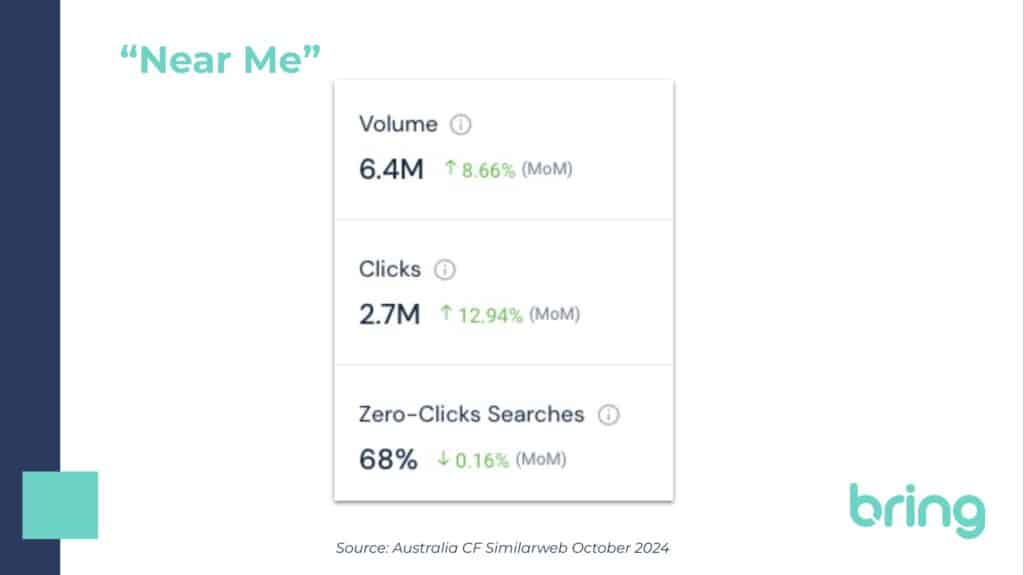
Local SEO ensures your business appears in these results, driving traffic and building trust and authority. As AI platforms like ChatGPT and search engines like Google evolve, companies must stay ahead, leveraging every available tool to remain visible.
Optimising Your Google Business Profile (GBP)
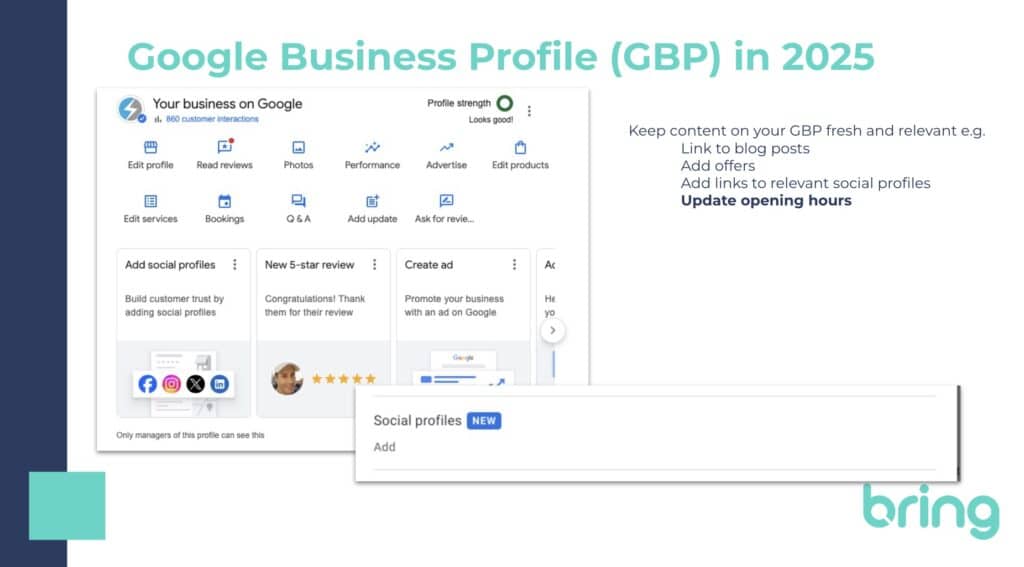
Your Google Business Profile is your business’s digital shopfront on Google. It’s often the first impression potential customers have of you, making it essential to optimise this tool.
Key Actions:
- Complete Every Field: Include accurate business details, services, and your business story.
- Leverage Q&A: Add common questions and answers to guide potential customers and improve search visibility.
- Keep It Dynamic: Regularly post updates, photos, and videos to demonstrate that your business is active.
- Update Opening Hours: Seasonal changes? Holiday closures? Keeping this up-to-date builds trust with customers and Google.
For example, an electrician in Melbourne saw a 45% increase in interactions by actively updating their GBP and encouraging reviews.
📖 Further Reading: Google’s GBP Guidelines
Harnessing the Power of Reviews
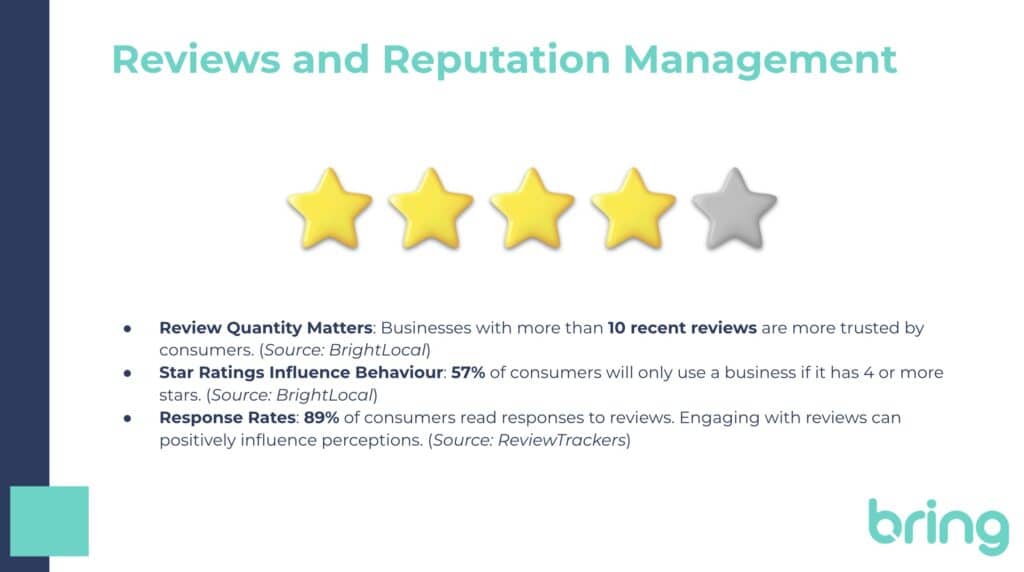
Reviews are a powerful trust signal. They influence customer decisions and contribute to your local search ranking. Positive reviews can boost visibility, while thoughtful responses to negative reviews demonstrate excellent customer service.
Tips for Managing Reviews:
- Ask Strategically: After a successful interaction, send an email or SMS with a direct link to leave a review.
- Automate: Tools like BrightLocal streamline the process of requesting and tracking reviews.
- Use Keywords: Reviews that naturally incorporate terms like “bookkeeping in Brighton” improve local relevance.
- Respond Promptly: Acknowledge every review, showing that you value feedback.
Negative reviews? Handle them with professionalism and empathy. Offer solutions or suggest offline follow-ups to resolve issues.
Mastering Local Citations and Directories
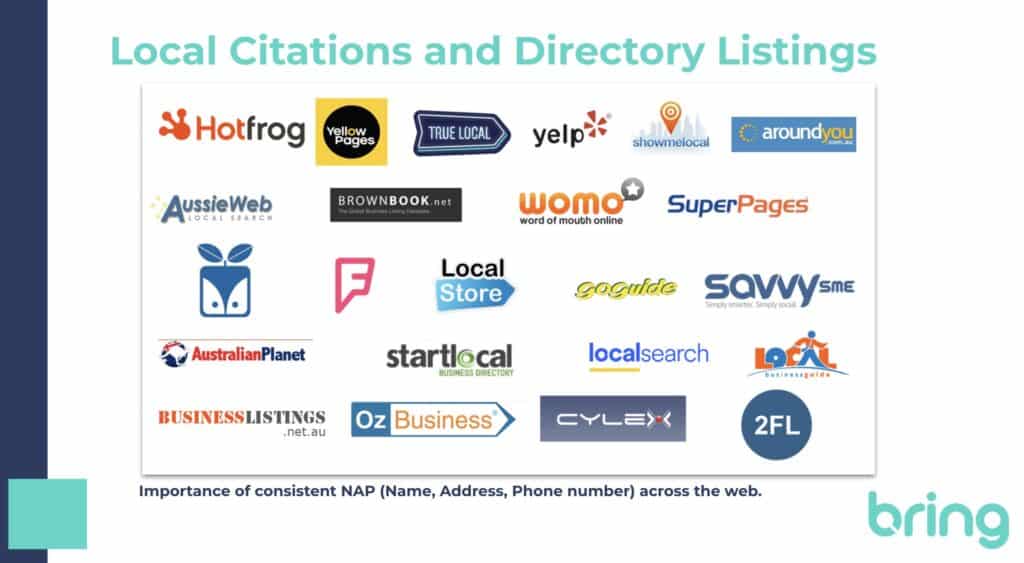
Citations—mentions of your business on directories like Yellow Pages or Hotfrog—are the digital equivalent of word-of-mouth recommendations. They reinforce your business’s legitimacy and improve your chances of ranking in local search results.
Business Citations Best Practices:
- NAP Consistency: Ensure your Name, Address, and Phone number (NAP) are identical across all platforms.
- Descriptions Matter: Use concise, keyword-rich descriptions of your services to maximise visibility.
- Utilise Tools: Platforms like SEMRush or BrightLocal help manage citations and ensure accuracy.
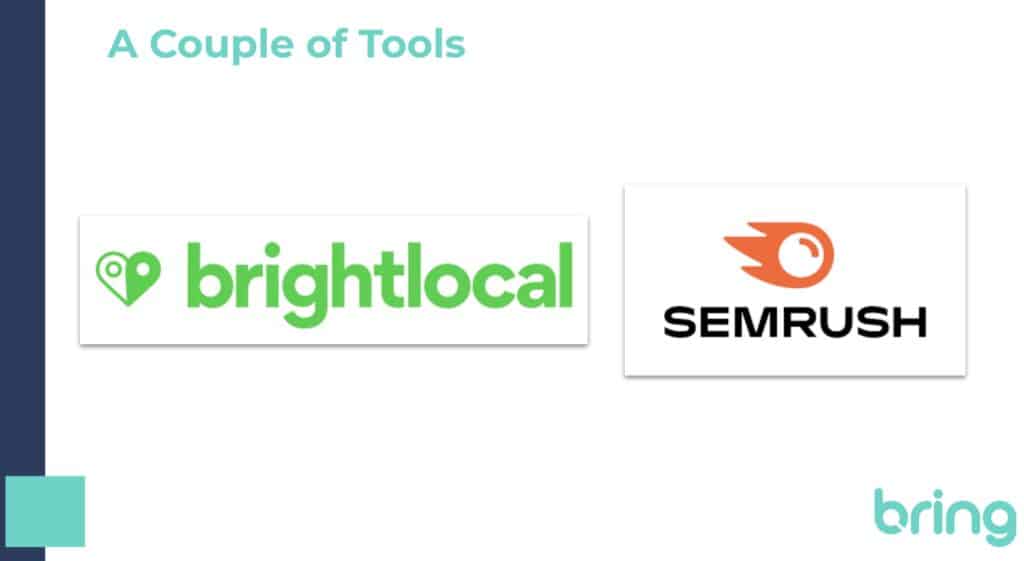
On-Page SEO for Local Keywords
Optimising your website’s content for local keywords strengthens your search presence.
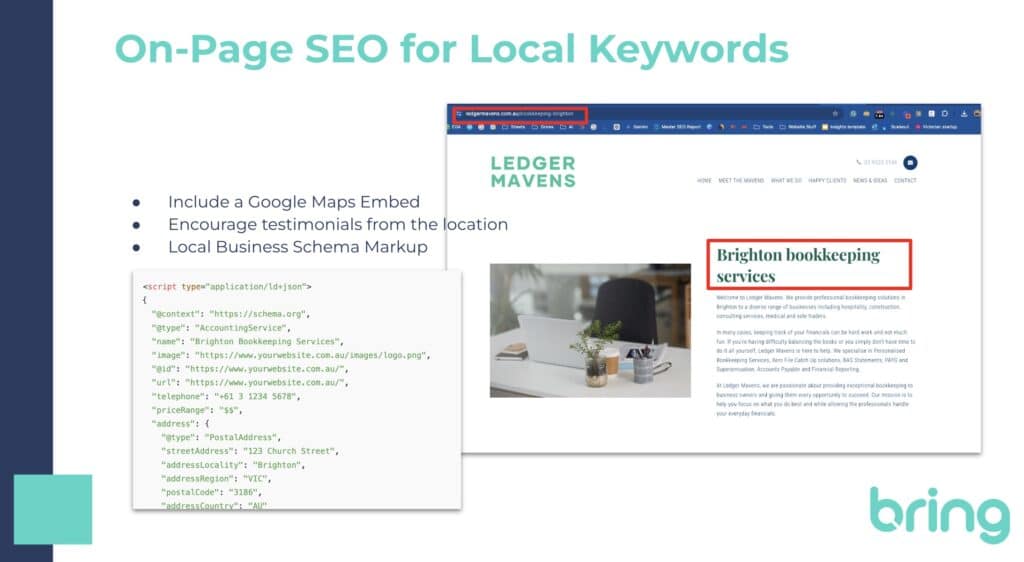
Key SEO Elements:
- Location-Based Pages: Create specific pages for areas you service, such as “Bookkeeping Services in Cheltenham.”
- SEO Best Practices: Use descriptive headings, clean URLs, and embedded maps to enhance local relevance.
- Schema Markup: Implement structured data to help search engines better understand your business.
For example, schema.org’s Local Business markup can explicitly define your business’s services, location, and more.
📖 Further Reading: Schema.org Guide
Fast Websites and Core Web Vitals
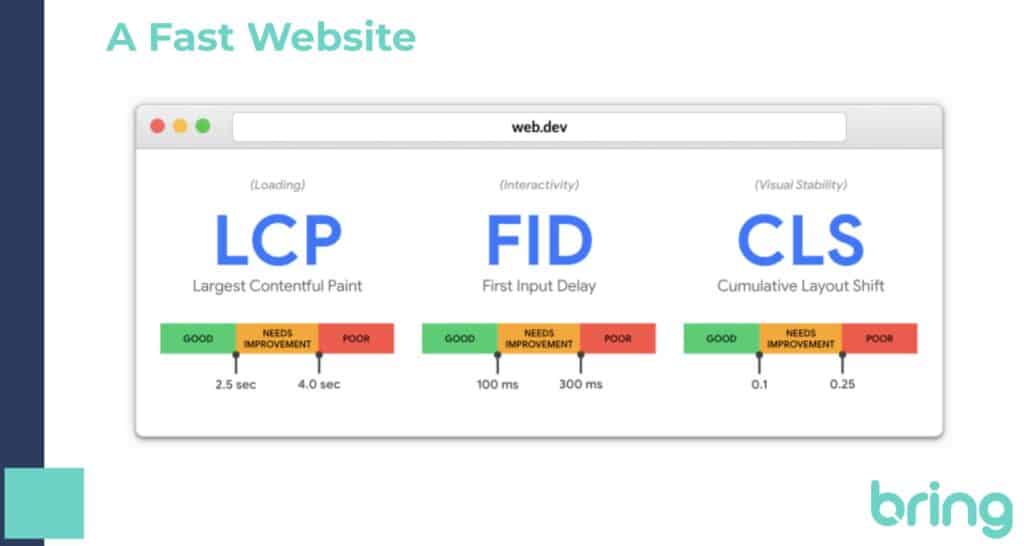
Website speed is critical for user experience and search rankings. Google evaluates your site’s performance using Core Web Vitals:
- Largest Contentful Paint (LCP): Measures loading speed.
- First Input Delay (FID): Measures interactivity.
- Cumulative Layout Shift (CLS): Measures visual stability.
Tools like PageSpeed Insights provide detailed reports to optimise your site’s speed.
The Role of AI in Local Search
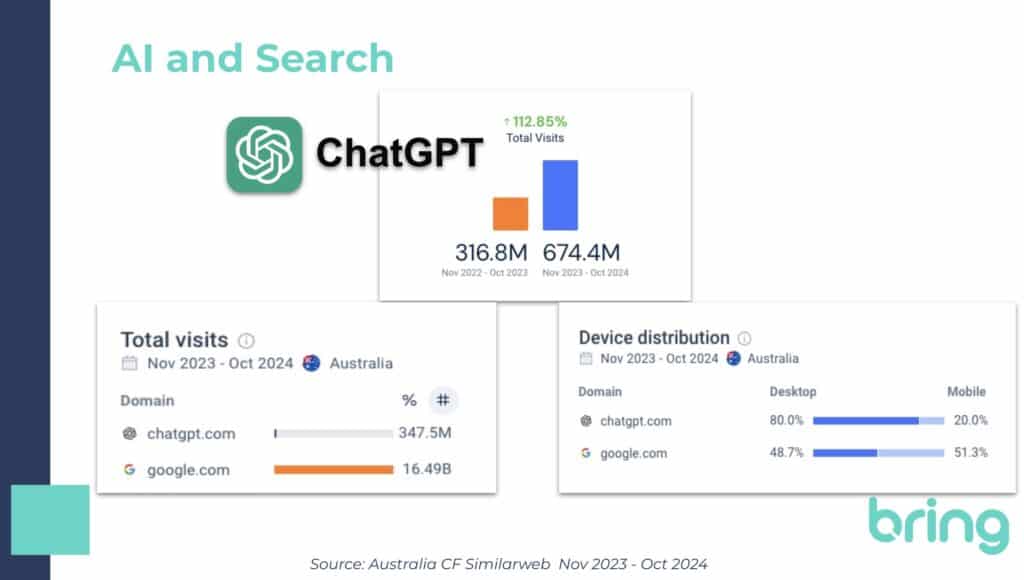
AI platforms like ChatGPT and Perplexity are reshaping search behaviours, providing innovative opportunities for local businesses. ChatGPT.com saw a 112.85% increase in total visits in Australia between November 2023 and October 2024, with total traffic jumping from 316.8M to 674.4M. Comparatively, Google.com remains the dominant search platform, generating 16.49B visits during the same period. However, the evolving trend indicates significant growth in AI-driven search engines.
Interestingly, device distribution reflects a shift in user behaviour. While 80% of ChatGPT users access the platform via desktop, Google users split more evenly, with 51.3% opting for mobile searches. This trend demonstrates that while AI tools like ChatGPT cater predominantly to desktop users, local businesses should remain prepared for broader AI search adoption across devices.
Preparing for AI Local Search:
- Use structured data: Clearly define your services using schema markup to ensure AI tools can accurately display your information.
- Keep your Google Business Profile (GBP) updated: This is critical for staying relevant in AI-generated search summaries.
- Adapt to evolving platforms: As tools like Perplexity begin to integrate deeper local search functionalities, monitor these trends and adjust your strategy.
The rise of AI in local search underscores the need for businesses to optimise their digital presence proactively. By leveraging structured data and maintaining GBP accuracy, you position your business to thrive in this emerging search landscape.
Local SEO Case Study
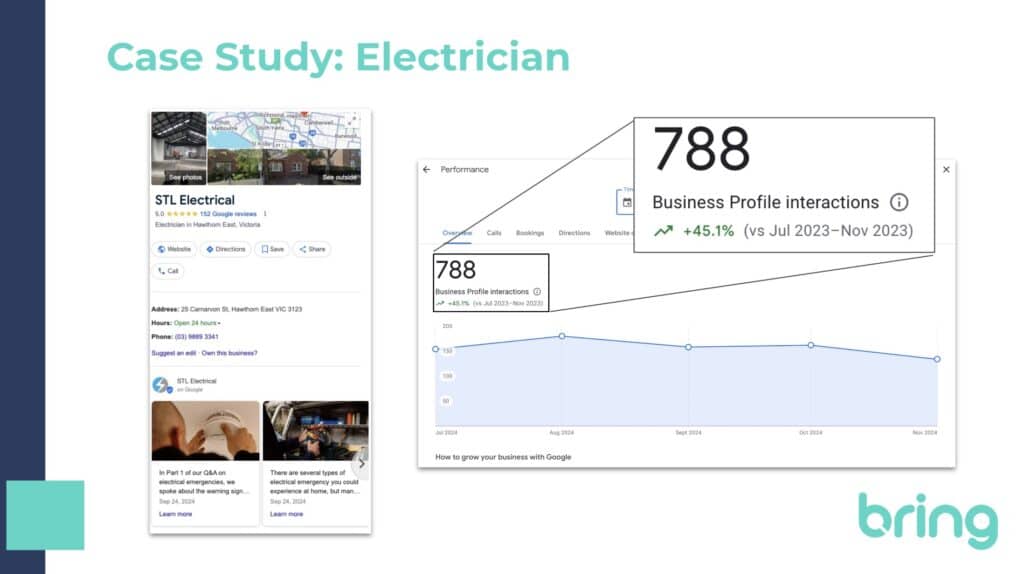
A Melbourne-based electrician faced challenges with visibility and customer engagement. By focusing on GBP optimisation, reviews, and consistent citations, they achieved:
- A 45% increase in Google Business Profile interactions.
- Improved customer trust through active review management.
- Enhanced visibility by updating their GBP with rich content and photos.
The takeaway? Consistency and action yield measurable results.
Actionable Takeaways
Here are steps you can implement today:
- Complete Your Google Business Profile: Ensure it’s accurate and regularly updated.
- Encourage Reviews: Use tools and scripts to simplify the process.
- Audit Your Citations: Check for NAP consistency across directories.
- Optimise Your Website: Add location-specific pages and improve speed.
- Stay Ahead of AI Trends: Invest in structured data and monitor emerging platforms
Tools and Resources for Local SEO
- BrightLocal: Citation and review management.
- SEMrush: Comprehensive local SEO tools, including local search insights.
- PageSpeed Insights: Test and improve your website speed.
Local SEO is a continuous process, but by taking these steps, your business can stay visible, competitive, and ready for the future of search.
